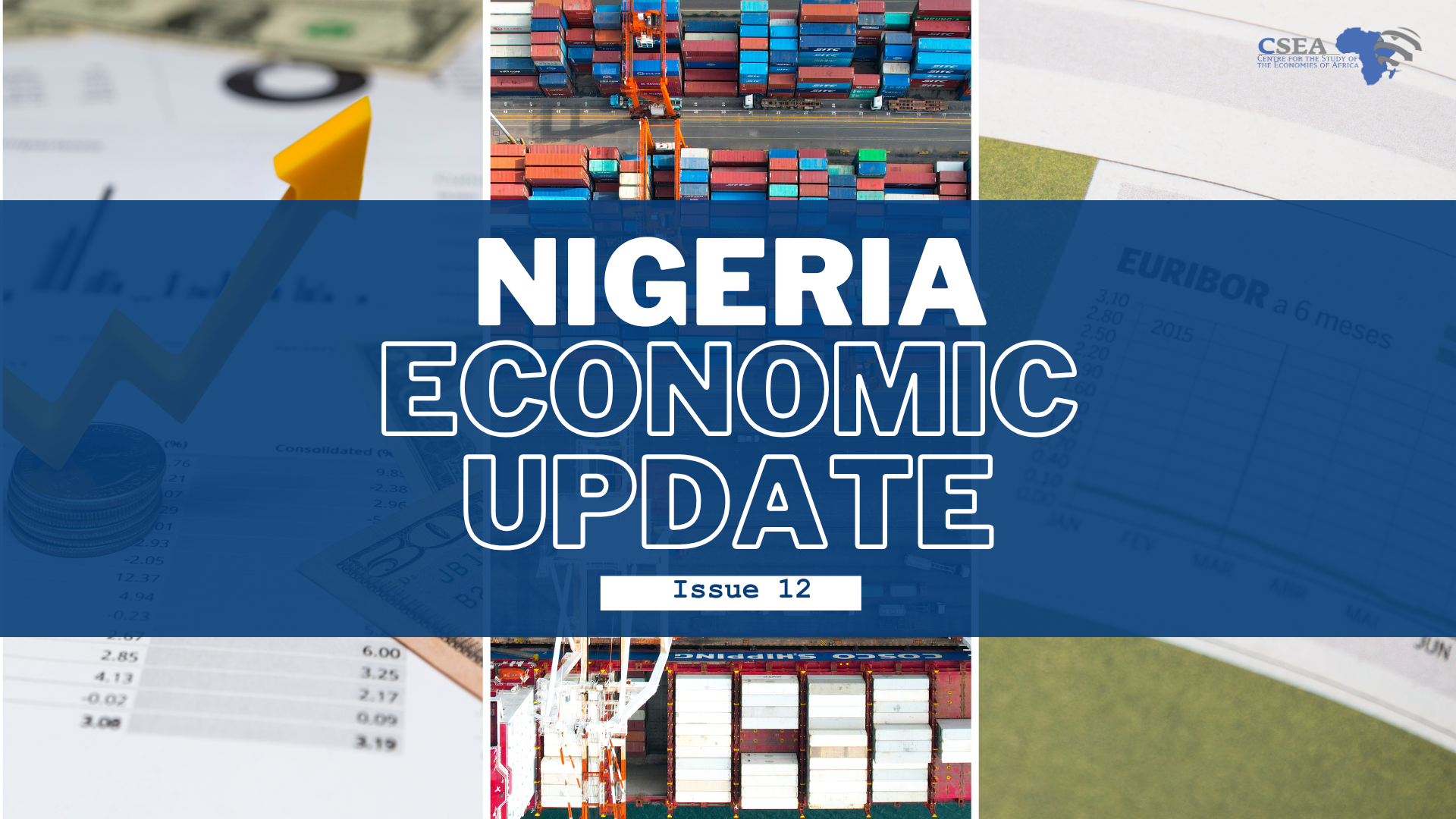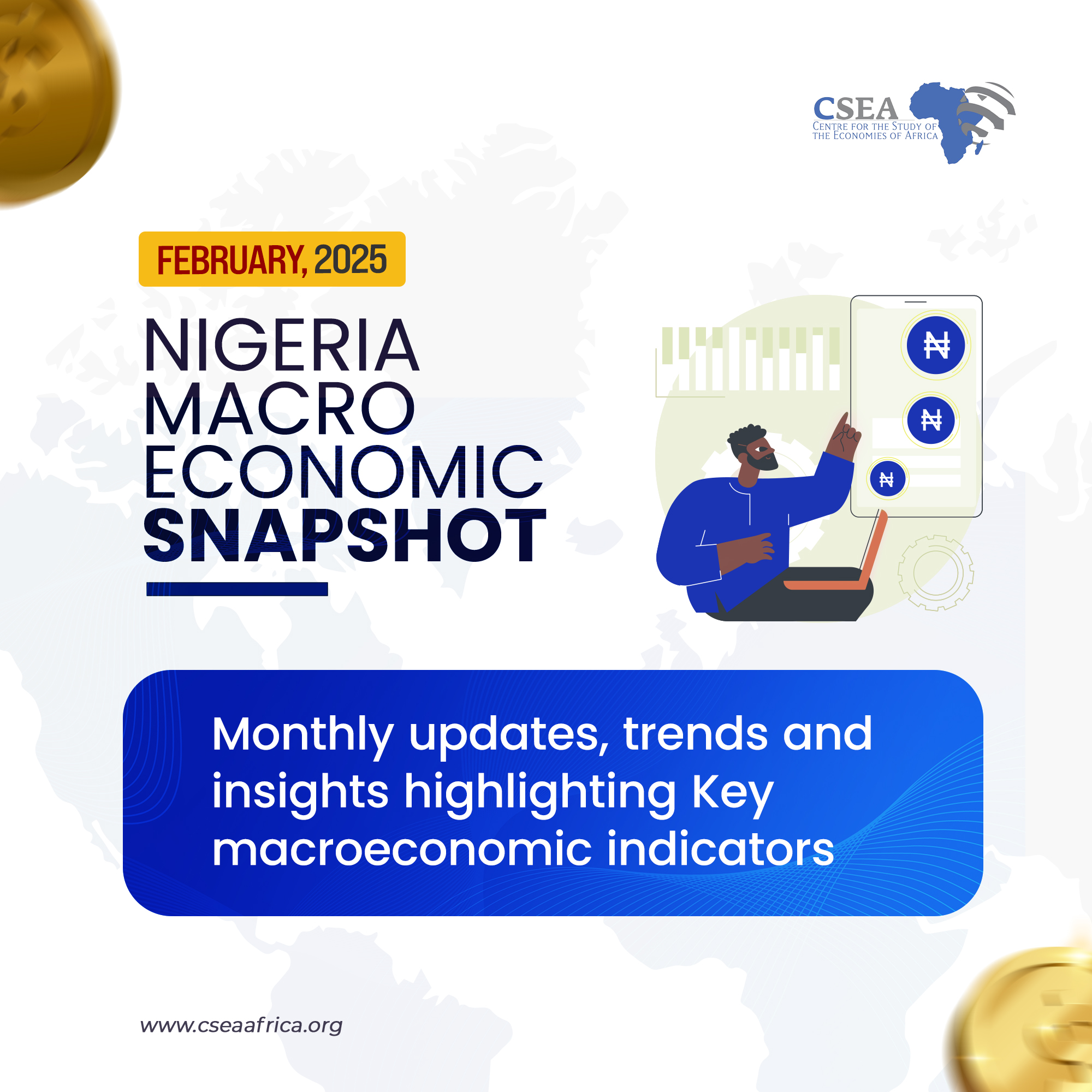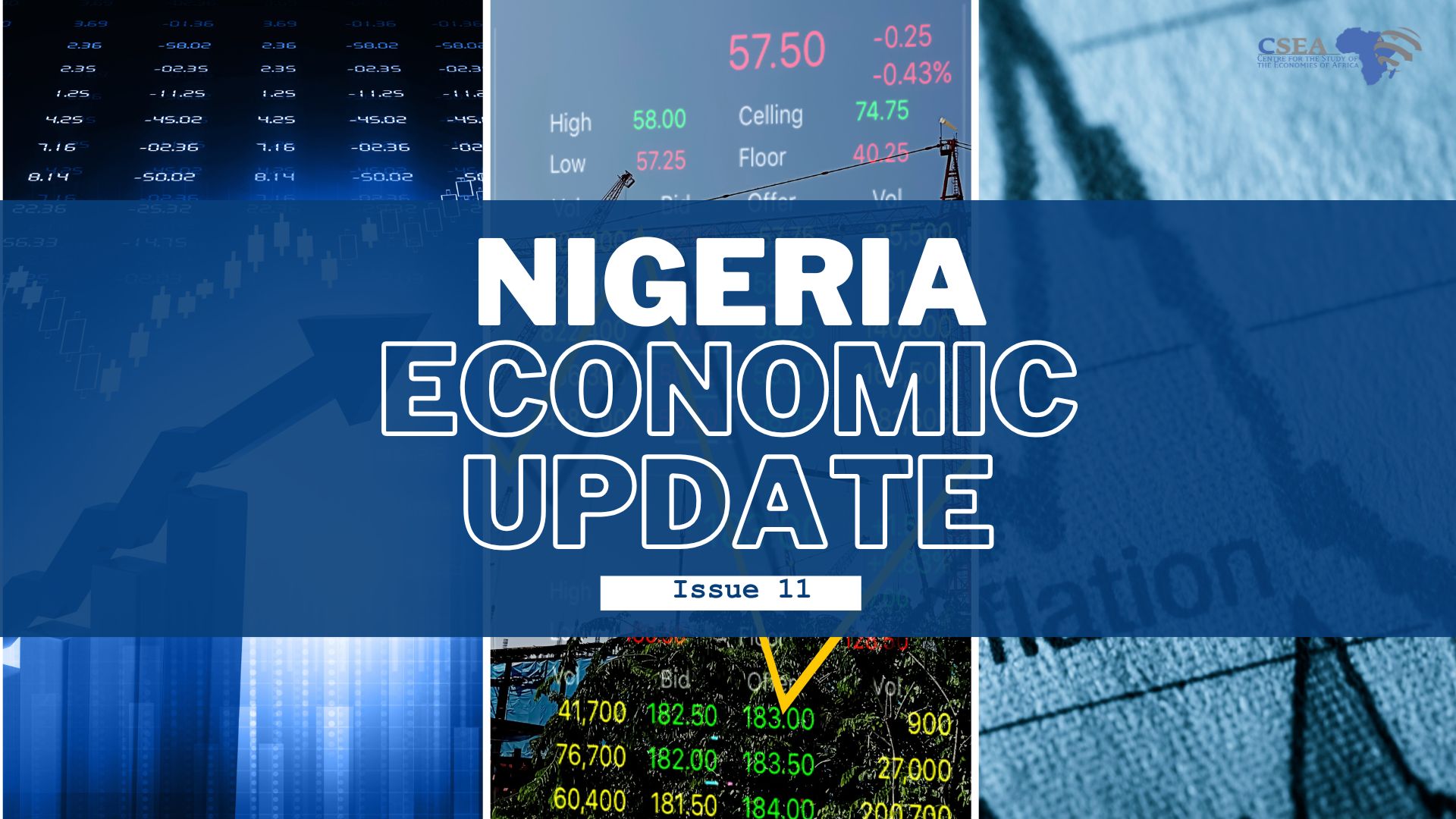Recent data from the Central Bank of Nigeria (CBN) shows that inter-bank call rates surged to 28.58% in January 2025, a sharp increase from 16.43% in the same month of the preceding year. The increment correlates with the movement in the CBN Monetary Policy Rate from 18.75% in January 2024 to 27.50% in 2025. High interbank rates make banks on lend at a higher rate. This, in turn, raises borrowing costs for businesses, potentially slowing economic activity. While the CBN's monetary tightening aims to curb inflation by reducing excess liquidity, excessively high rates risk stifling investment in critical sectors of the economy, and thus, hampering growth. To address excess liquidity challenges without over-relying on rate hikes, policymakers should consider complementary fiscal measures such as fiscal discipline to eliminate the effect of fiscal deficit financing on rising inflation. The government's efforts should prioritize curbing inflation, which is likely to pave the way for lower monetary policy rates and inter-bank call rates. High interest rate increases cost of borrowing, lowers investment levels and the pace of economic growth.
Download PDF

 English
English
 Arab
Arab
 Deutsch
Deutsch
 Português
Português
 China
China




